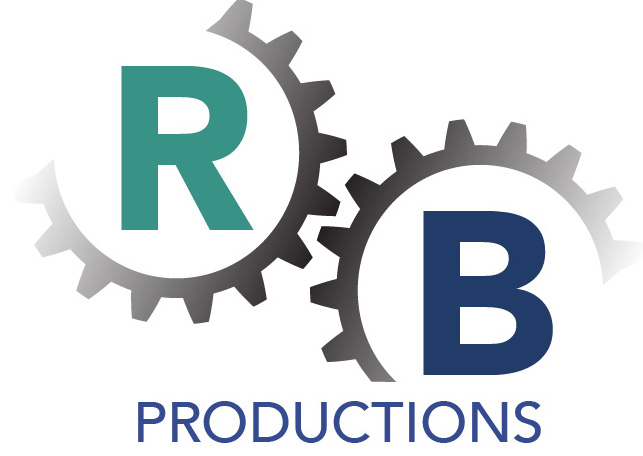Does 4K mean the “Death” of Camera Work?
We’re now on the cusp of the 4K era of video production where content is shot, edited, and viewed in a format that offers significantly more resolution than today’s current 1080 HD standard. As with any new technology, the migration to 4K will happen in stages, with widespread consumer adoption marking the final phase. While the impact of 4K on editing, distribution, and viewing are fairly well recognized, what will this ultra high def format mean to field production?
One of the key advantages of shooting 4K in a 1080 world is the possibility that it opens up for reframing the shot in post-production. Now with so many pixels to work with it’s a relatively simple matter to just shoot everything wide and then create alternate framings during the edit. Camera operators no longer have to worry about getting zooms, pans, and tilts right since all these motions can now be synthesized in post production with completely smooth and even motion at precisely the right speed, and with no loss of image quality. There’s even software plug-ins available that can synthetically create rack focus effects.
Overall this development should have a significant positive effect for some types of productions, such as drama, where scenes can be shot with fewer takes without the need to “do it again in a close-up.” Even in the corporate world I can see situations where a finicky robotic move or difficult manufacturing procedure need only be staged and recorded once because now the producer has the freedom to go in tight for a close up in post production.
So will camera operators be relegated to just setting up the camera on a tripod or support system, checking exposure, framing wide, and standing back? I think not. You still need the artist’s touch to find interesting angles, create real camera moves like crane shots and dollies, and fine-tune aesthetic variables like exposures and “looks.” Sure you can fix a lot more in post these days, but that’s not an excuse for not trying to get it right in the first place during production. 4K will change the game but it will never replace the need for competent and creative camera operators and DPs. New technology challenges and implores us to “adjust, adapt, and create” and we’ll always need skilled people who can do that.



